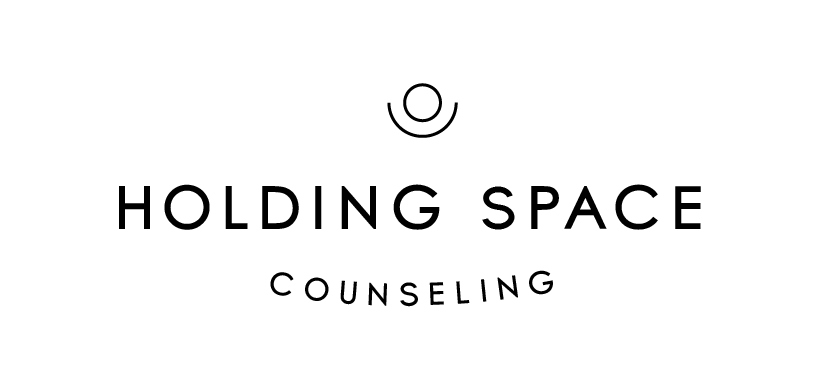When the emotion of anger comes to mind, we usually think about it in a negative light. We’re told that anger is a “bad” emotion, that it causes harm if we let it get too big.
Although feeling continual anger can have a negative impact on our physical and mental health, ignoring the fact that we are angry and avoiding the emotion itself can hold even more negative consequences.
The reality is, anger is an emotion that we feel strongly and often. It’s important to acknowledge the reasons why anger shows up as such a common emotion. Kristen Neff says, “Anger evolved to help us be brave. it reduces the fear response, it energizes us, it focuses us.”
I often redirect my clients to explore what their emotion is trying to tell them instead of having them logically explain why the emotion is there. We tend to isolate ourselves when we feel “big emotions”, and ruminate on the negative side of what we feel instead of focusing on the reason we’re there in the first place.
When we approach our emotions with curiosity instead of with guilt or shame, we find that they are trying to take care of us by showing up.

Self-compassion is also the concept of self-acceptance. The concept of self-compassion encourages self-kindness for what we experience rather than judgement for feeling what we do at the moment. Going back to the emotion of anger, Kristen Neff explains how anger falls into a different branch of self-compassion called fierce self-compassion.
Neff breaks down self-compassion as having both a tenderness that allows for inner healing and also a fierceness that promotes outer change. With this mindset, the emotion of anger is seen as a positive emotion that allows us to become motivated to make a difference, provide for ourselves and/or our relationships, and also protect what’s being threatened.
Anger is what allows for boundaries to be formed, and empowers us to say yes to our needs and values producing long-lasting, worldwide change.
We are currently promoting a group on Burnout which begins in mid-July. In this group, we hope to explore the emotions that have led to burnout, provide tools and education on how to overcome burnout, and even promote how to best advocate for yourself now and in the future.
In this way, we want to help you see how anger, frustration, and even overwhelm can be tools to protect, advocate, and make the changes needed to overcome feeling stuck.
P.S. If you would like to read Kristen Neff’s book, Self-Compassion: The Proven Power of Being Kind to Yourself, is linked here!
Editor’s Note: The following blog is by Holding Space Counseling therapist, Taylor Eades. She is currently accepting new clients. You can learn more about Taylor right here.

